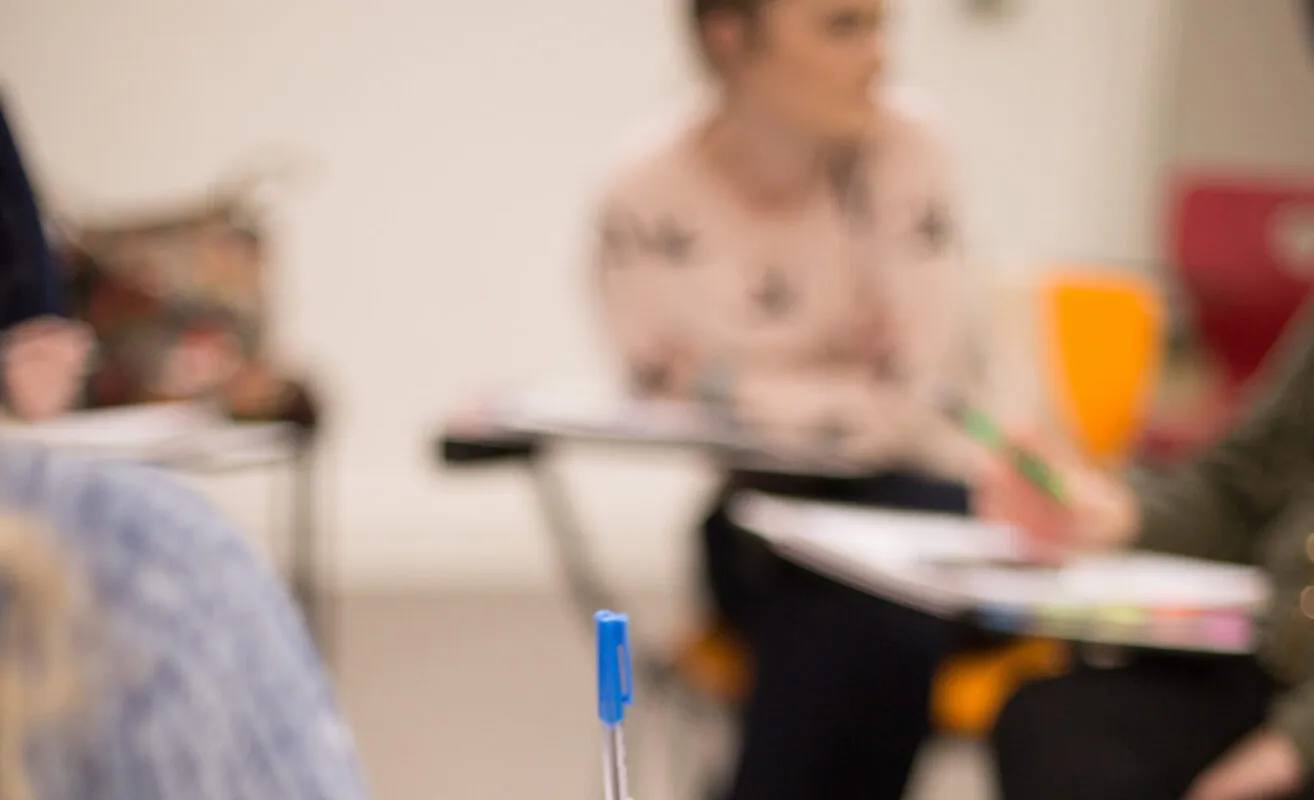Courses
Admissions & Support
Course Search
Courses
Admissions & Support
Course Search
Our Services
Our Community
Course Search
Governance
Professional Services
Status: Register Your Interest
Location: Blended
years: 2
Fees: *€11,800 (€5,900 per academic year) – *Indicative course fee for 2026

The two-year M.A. programme is designed to advance the co-creational skills of those who have completed a relevant qualification in Relationship Mentoring at NFQ Level 8 or equivalent and who currently operate mainly within the Holding Worlds of family and school, The M.A programme aims to develop the co-creational psychotherapeutic skills to work with troubled children and teenagers, psychosomatic illnesses, ‘mental’ illnesses, couple conflict and development of conscious leadership and management within organisations.
Please note this programme is not CORU approved and it is not an accredited programme with the Irish Association for Counselling and Psychotherapy (IACP).
It is a mandatory requirement of this programme that applicants be currently practising as Mentors or Counsellors or Psychotherapists in private practice or be employed in a community or voluntary care setting. Employment can be voluntary, paid, or unpaid, full-time, or part-time. Typically, programme participants will be required to draw upon their current or past workplace experience for the purpose of in-class discussion, analysis, and assessment. As such, while placement is not a requirement of the programme, the learning experience is underpinned by workplace experience and participants’ own continual personal reflection.
or
Recognised Prior Learning (RPL) – Assessment
Please review the academic entry requirements for this programme.
If you do not hold these qualifications but would like your application to be assessed under RPL please select YES on the online application form.
Once you have submitted your online application you will then receive an email acknowledgement with further instructions on RPL
ENGLISH LANGUAGE: Applicants who do not have English as their first language must ensure they satisfy English Language requirements. For entry to undergraduate courses, a score of 5.5 in an IELTS or equivalent exam is required. For postgraduate courses, a score of 6.0 in an IELTS or equivalent exam is required. It is the responsibility of the applicant to ensure their English proficiency meets these requirements.
The Science & Art of Co-Creational Psychotherapy
Credits: 10
The Science and Art of Co-Creational Psychotherapy addresses the key skills required for practice and the clinical and research bases to the practice.
Continual Personal Reflection (CPR) which focuses on the personal development of the Learner and his/her professional work with individuals, couples, and organisations
Credits: 10
Module 2 is focused primarily on the personal development of the Learner and on her/his professional work with individuals and organizations. The latter is carried out through on-going Shared Vision with a Shared-Vision Practitioner who is a fully validated Co-Creational Psychotherapist and specially trained as a Shared-Vision Practitioner (validation as being “fit for practice” is done through the Mentors’ Professional Organization – the Irish Association of Relationship Mentors CLG; IARM). The Shared-Vision Practitioner provides a shared safe space for the Mentor/Counsellor/Psychotherapist where together they can consider his/her degree of consciousness when working with an individual or a group and the depth and breadth of the psychotherapy provided. (10 credits)
Conscious Leadership and Management
Credits: 10
Conscious Leadership and Management addresses the application of the approach to leaders and managers who play such a pivotal role in the creation of organization climates.
Creation of Psychological/Relational Safety in Different Holding Worlds
Credits: 10
Creation of Psychological/Relational Safety in Different Holding Worlds (home, school, community, and workplace) is designed for Learners to develop the core skills of creating psychological safety so that relationships within a particular Holding World find a new co-creational grounding where members listen, support, and encourage themselves and each other into conscious selfhood and wholeness.
Research Methods – Implementation Science and Evaluation
Credits: 5
Research Methods – Implementation Science and Evaluation is focused on developing an informed reading of the research literature and identification of “best fit” of a research design and its implementation to examining the effectiveness of Co-Creational Psychotherapeutic Practice
Development of Advanced One-to-One Co-Creational Psychotherapeutic Skills
Credits: 15
Development of Advanced One-to-One Co-Creational Psychotherapeutic Skills aims to extend the skills of those Mentors/Counsellors who completed the Higher Diploma training to working with individuals (adults and children/teenagers) from all the different Holding Worlds in the areas of hallucinations, paranoia, depression, delusions, self-harming, addictions, psychosomatic illnesses, obsessional and compulsive behaviours, and couple conflict.
Research Thesis Module
Credits: 30
The below is an indicative delivery schedule.
Modules will be delivered over two academic years in a blended learning format, (mix of in-person and online classes) full day Fridays in-person classes at TUS Thurles Campus, commencing Friday 18th September 2026 (to be confirmed). Course will run subject to viable numbers.
Each 5 credits will normally equate to approximately 100 Total Learning Hours. Total Learning Hours includes the time you spend in class (lectures, tutorials, practical elements) and the time you spend completing work outside of college. The balance between these two varies by discipline, and by level of study. You should bear in mind that the workload will increase at particular times e.g. when assignments are due.
Literary Reviews, Essay, and Class Presentations.
Master of Arts Psychotherapy in Relationship Mentoring (Masters Degree, Level 9, 90 Credits).
Please note this programme is not CORU approved and it is not an accredited programme with the Irish Association for Counselling and Psychotherapy (IACP).
*€11,800 (€5,900 per academic year) – *Indicative course fee for 2026
To be confirmed for September 2026. Places are allocated on a first come first served basis. Course will be closed once the maximum number of applicants is reached. Courses run subject to viable numbers.